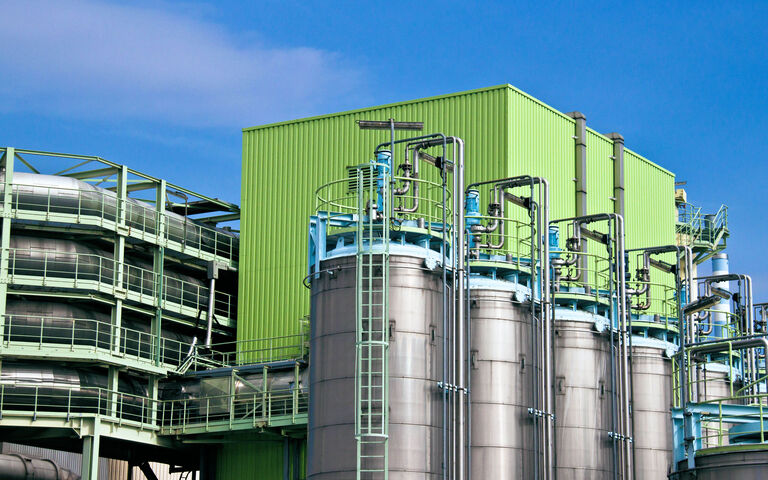
Sludge thermochemical treatment
An introduction to sludge thermochemical treatment methods
Your web browser is out of date.
Update your browser for better security, speed and to get the best experience on this website.
Thermochemical methods are employed for either significantly reducing the sludge solids content, or pre-treating sludge upstream of anaerobic digestion (AD) to increase the biodegradability of the organic carbon. When operated at elevated temperatures, i.e. for solids destruction rather than for AD pre-treatment, they provide energy recoverable either as heat (for oxidative processes) or a combustible gas or liquid (non-oxidative processes).

An introduction to sludge thermochemical treatment methods
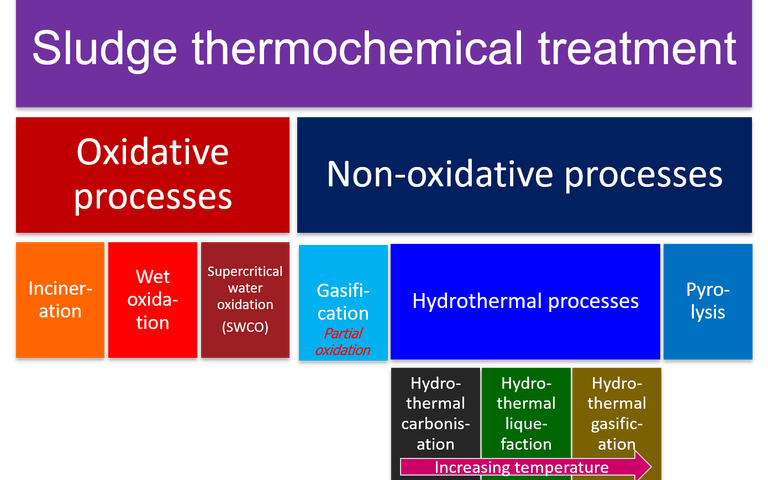
Thermochemical methods are used for either degrading the sludge solids or pre-treating sludge upstream of anaerobic digestion
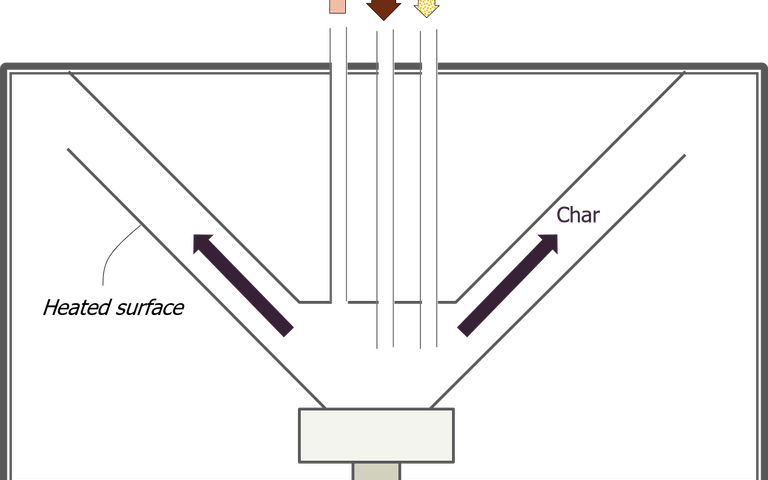
Various reactor configurations exist for sludge thermochemical treatment which vary in design, operation and application
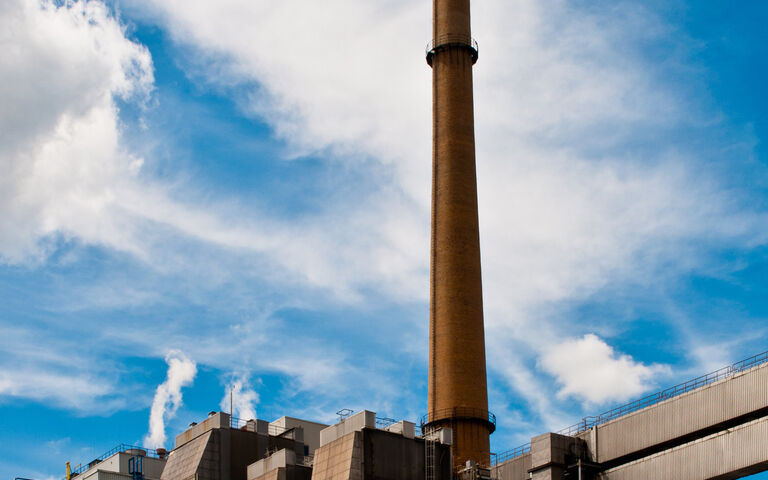
An introduction to oxidative sludge thermochemical treatment methods
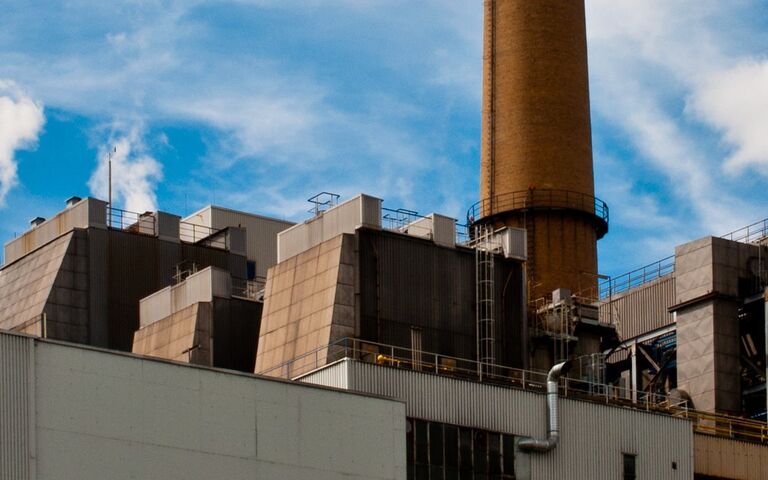
Incineration is the most well established and widely implemented of the sludge thermochemical treatment processes
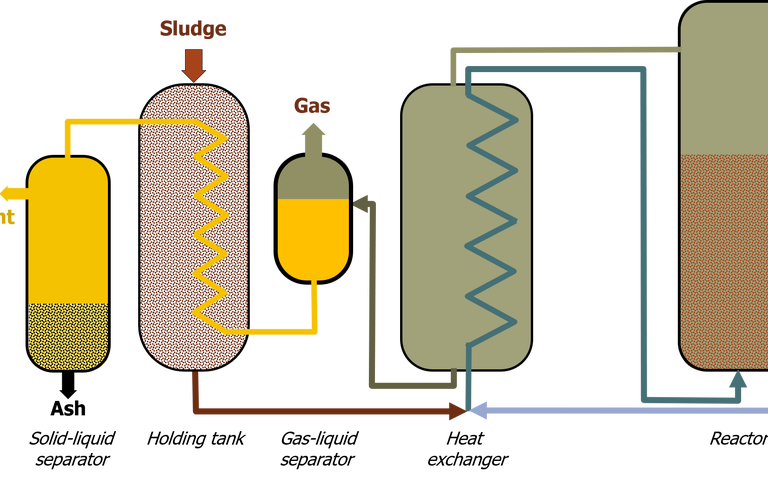
Wet/wet air oxidation of sludge is the thermal degradation, hydrolysis and oxidation of organics at high temperatures
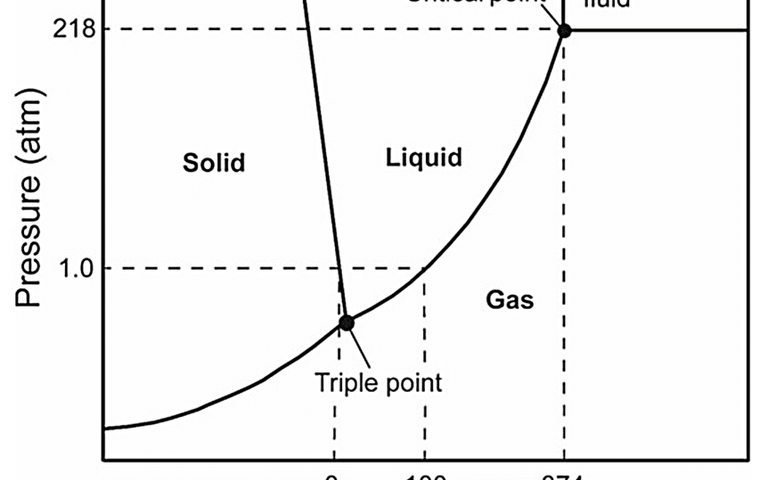
Supercritical water oxidation refers to the oxidation of organics in water in the so-called supercritical phase of water
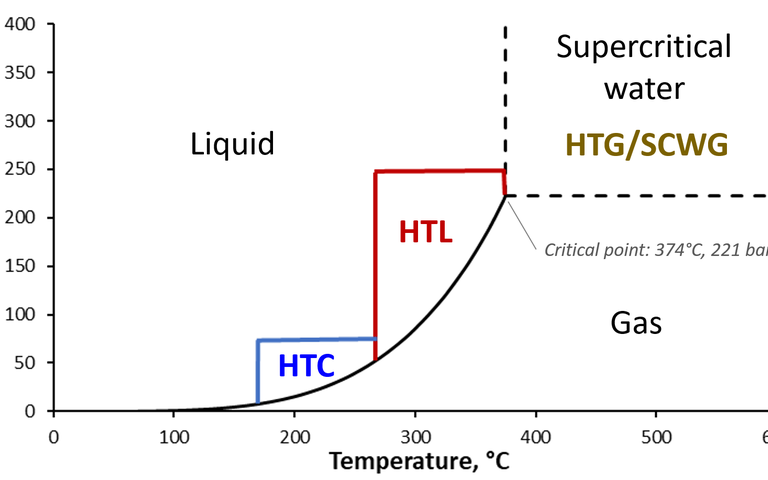
An introduction to non-oxidative sludge thermochemical treatment methods
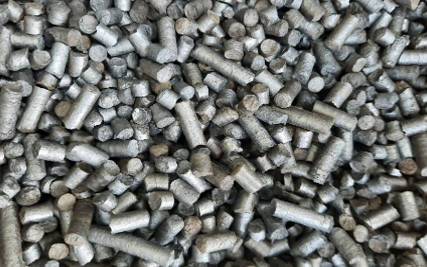
Pyrolysis refers to the decomposition of organic matter at elevated temperatures in the absence of oxygen and water
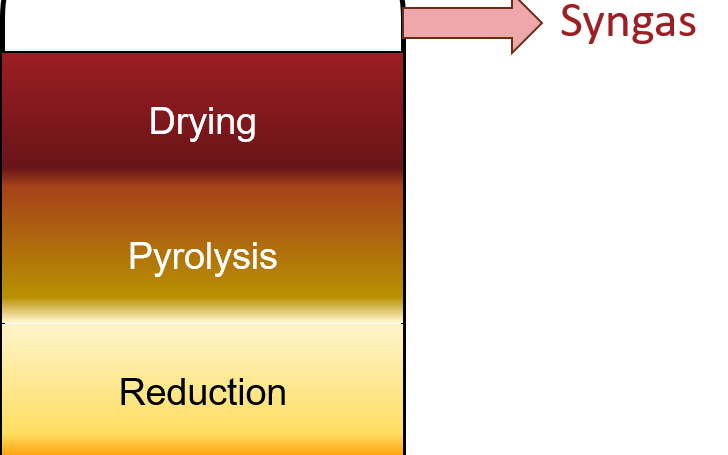
Gasification is an extension of the pyrolysis process for thermochemical treatment of sludge

Hydrothermal sludge treatment employs elevated temperatures and pressures in wet conditions and in the absence of oxygen
Animation demonstrating the operation of the sewage sludge incineration process − the Buski fluidised bed sludge incineration and energy production plant.
Oxidative methods for sludge thermal treatment comprise incineration, wet air oxidation and supercritical water oxidation
Non-oxidative thermochemical treatment of sewage sludge refers to treatment at elevated temperatures in the absence of oxygen
Oxidative methods for sludge thermal treatment comprise incineration, wet air oxidation and supercritical water oxidation
Non-oxidative thermochemical treatment of sewage sludge refers to treatment at elevated temperatures in the absence of oxygen
Thickening, dewatering and drying extract water from sludge to reduce the sludge volume
Sludge stabilisation − alkaline stabilisation, lime and solids dosing, plus anaerobic and aerobic digestion
Sludge is the main waste stream from the treatment of wastewater